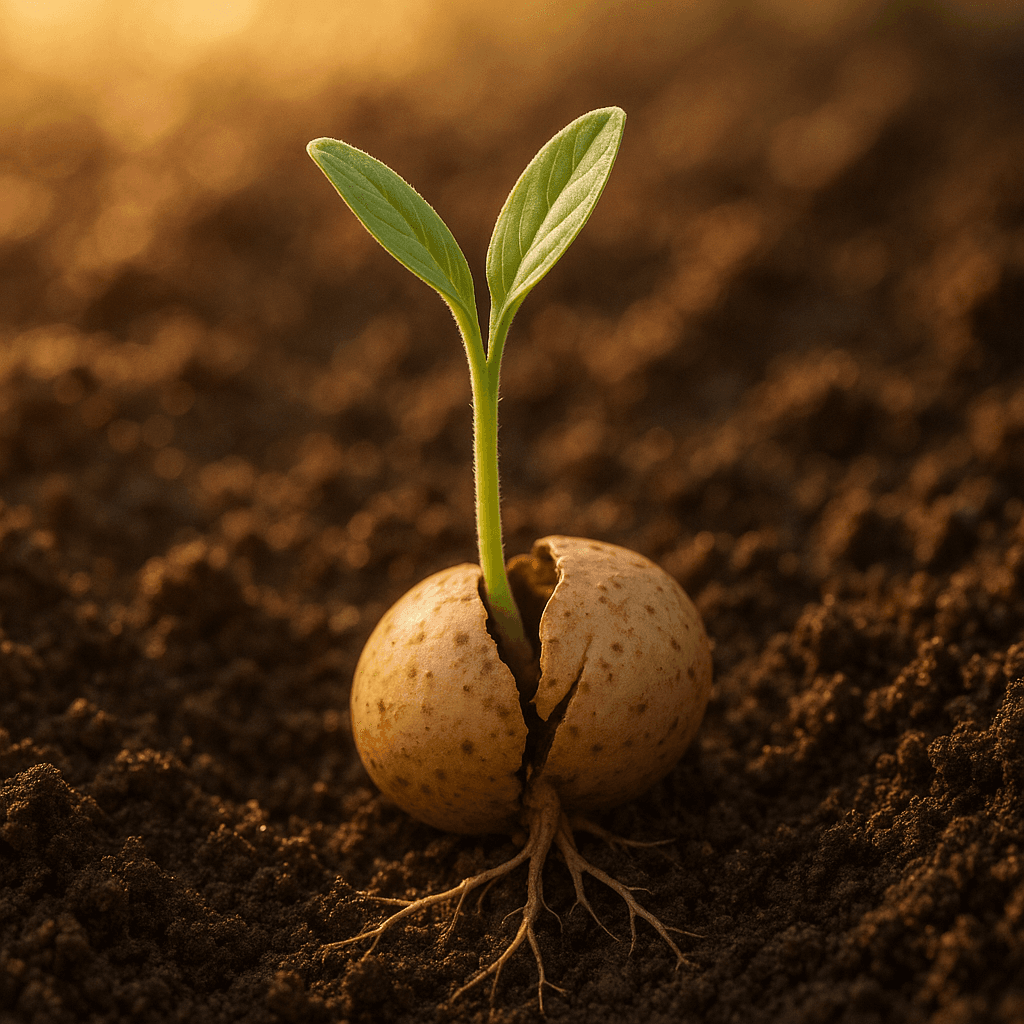Embracing Brokenness as a Path to Wholeness

To live fully, we must be willing to be broken. — John O’Donohue
The Necessity of Vulnerability
John O’Donohue’s insight prompts us to reconsider our instinctive aversion to pain and vulnerability. Rather than shielding ourselves from adversity, he suggests that living fully requires a willingness to be broken—to expose ourselves to the unpredictable currents of life. This vulnerability, far from weakening us, actually opens the door to deeper connection and self-discovery, much in the way Brené Brown’s research highlights vulnerability as the birthplace of courage and creativity.
Transformation Through Adversity
Moreover, the act of being broken often serves as a catalyst for profound transformation. When old certainties are shattered, new possibilities emerge from the fragments. Many philosophical traditions, such as the Japanese art of kintsugi, embrace the beauty in brokenness by repairing pottery with gold, making the cracks integral to the object’s history and value. O’Donohue’s wisdom echoes this perspective, encouraging us to view our wounds as the starting point for growth and renewal.
Resilience Born from Experience
As we progress, embracing brokenness fosters resilience. Surviving hardship rarely leaves us unchanged; each struggle fortifies us with strength and empathy. In Viktor Frankl’s *Man’s Search for Meaning* (1946), the author documents how enduring suffering can forge a sense of purpose previously unknown. O’Donohue’s message aligns with this, proposing that our darkest moments often become the foundation upon which our truest selves are built.
Forging Authentic Connections
Continuing on, openness to being broken allows for genuine human connection. Shielding ourselves from pain may create an illusion of safety, but it also erects barriers between ourselves and others. In contrast, sharing our struggles fosters compassion and breaks the isolation that so often accompanies suffering—a theme poignantly explored in Maya Angelou’s memoirs. Thus, our brokenness, rather than isolating us, can become the very ground where intimacy flourishes.
Reimagining Wholeness
In conclusion, to live fully is to recognize that wholeness is not the absence of brokenness but its transcendence. O’Donohue urges us to embrace every fragment of our experience, trusting that in doing so, we assemble a richer, more authentic self. Ultimately, being willing to be broken is not a mark of failure but of courage—a necessary passage through which we find true fulfillment and meaning.